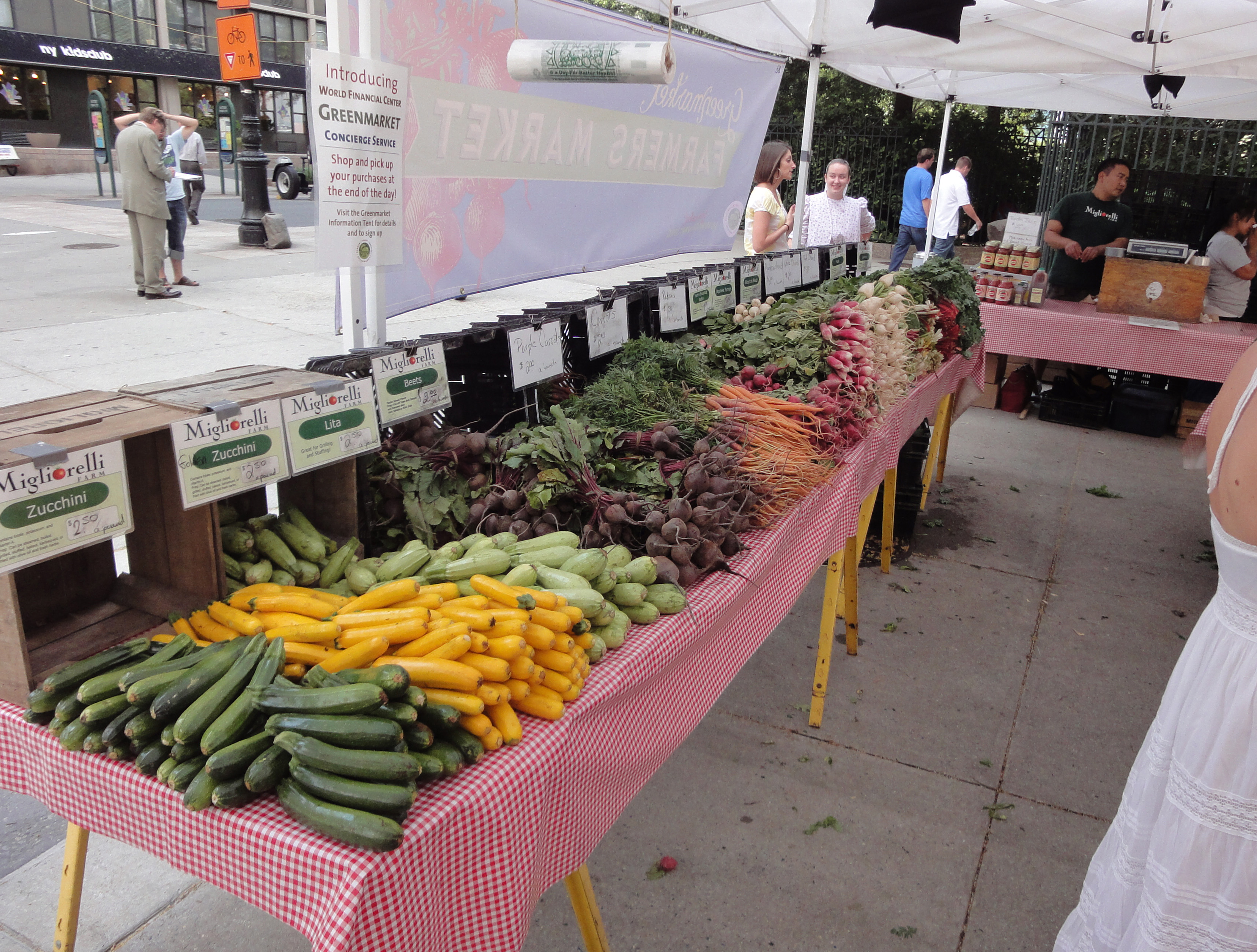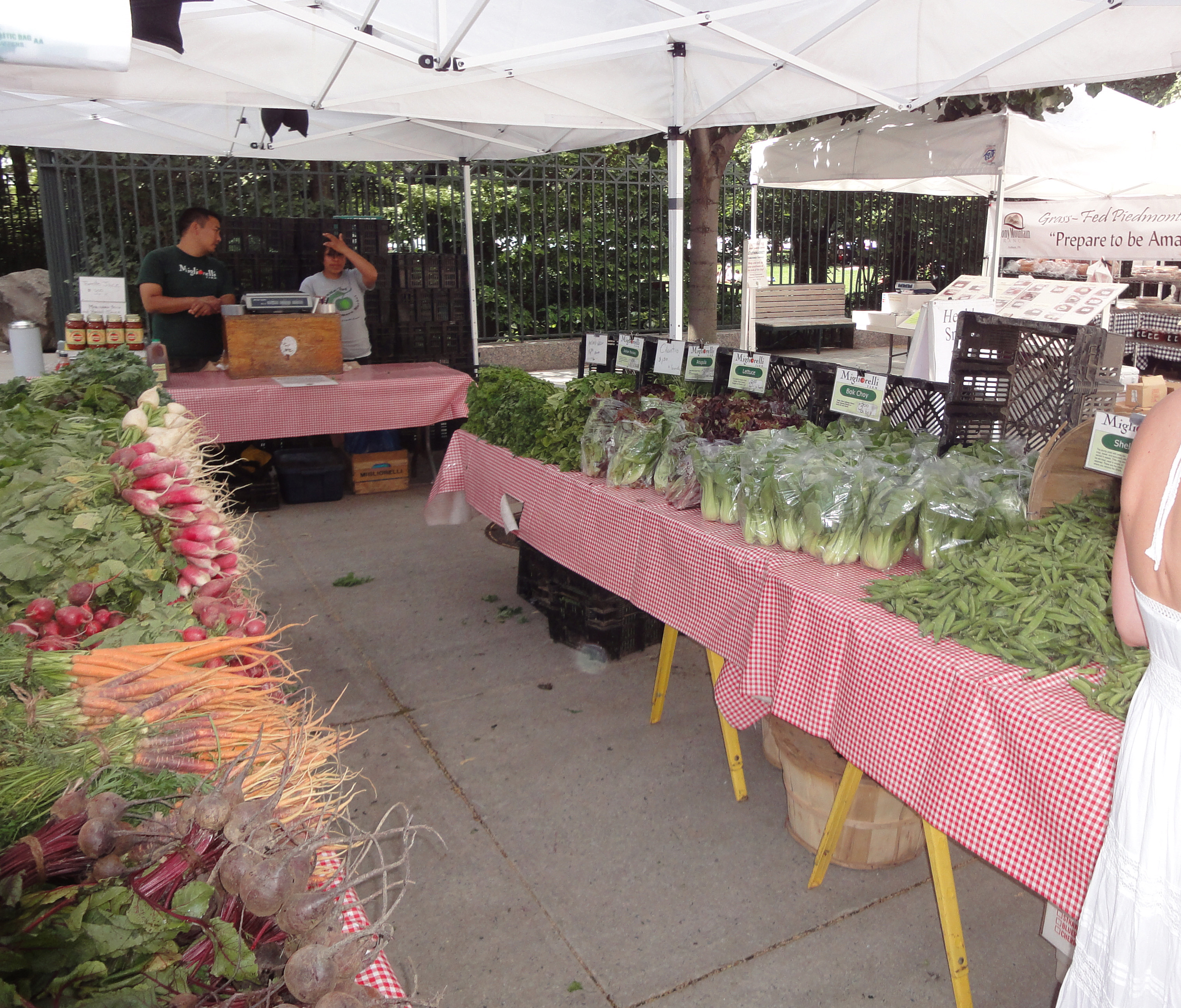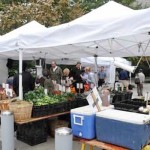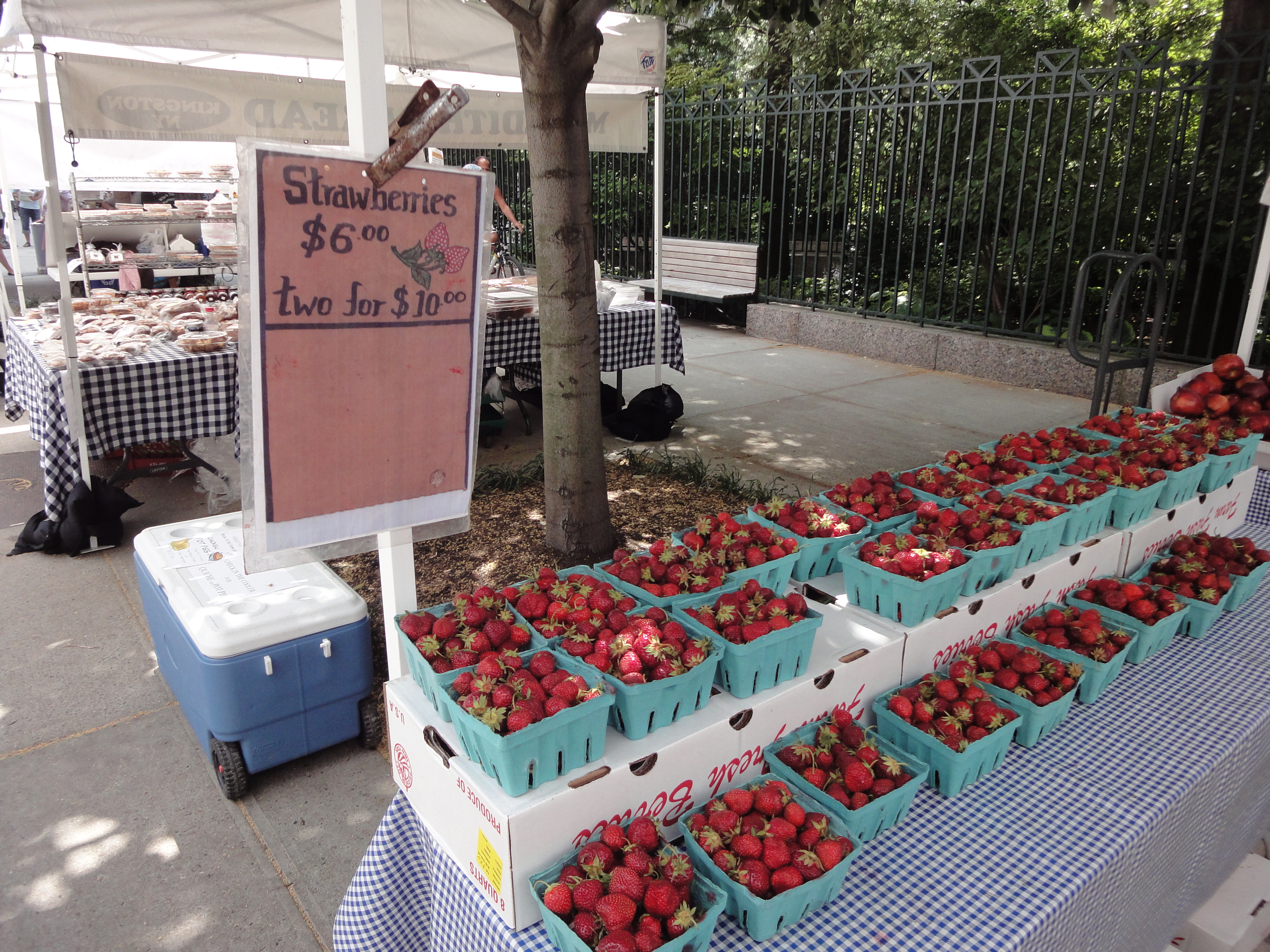This post has been read 2653 times!
 Update: June 30, 2011 A more genuine farmer’s market already
Update: June 30, 2011 A more genuine farmer’s market already
The farmer’s market at the WFC seems more authentic already, since our first story. Gone are the corn and watermelon in June that were clearly imported from thousands of miles away rather than from an “organic local farm”. All that we saw today was genuine locally grown vegetables.
 ______________________________________________________
______________________________________________________
June 10, 2011
How to Make Sure You’re Supporting Local Farmers Be educated, be vigilant, know what’s in season!
By Colleen Vanderlinden of Planetgreen.com
Apparently, the popularity of farmers’ markets is just too much temptation for some unscrupulous vendors.
NBC Los Angeles’ news team decided to do some checking around at local farmer’s markets, and paid visits to the farms where the vendors claimed they grew the food they were selling. In some cases, they found fields full of weeds or dry, empty fields. The vendors were selling vegetables and fruit they had bought wholesale, and were selling it at premium prices at local farmer’s markets, claiming it was locally grown and organic. 
As to the “organic” claim, NBCLA also sent several items purchased from vendors who claimed not to use pesticides to labs for testing, and the results came back positive for pesticides. One of the “farmers” claimed that the pesticides found on their produce was the result of overspray from nearby farms, but the levels found on the tested produce were too high for it have been mere “drift.”
This particular story was reported in California, but there’s no doubt that it’s happening all over the country. Near my home, for example, there is a “farmer’s market” in a church parking lot every weekend during the summer. How they managed to have perfect-looking “locally grown” watermelons in early May in Detroit is beyond me. Needless to say, I don’t shop there.
How To Make Sure You’re Supporting Local Farmers Rather than Slimy Opportunists
· Research, research, research. Try to get to know a few vendors really well. Ask where their farm is located, how long they’ve been farming, how they handle pest and disease issues. See if they’re listed on sites like LocalHarvest — not all farmers are, but it doesn’t hurt to check. Ask them the specific variety of whatever produce they’re selling. If they really grew it, they should be able to tell you that those are ‘Emerite’ filet beans, not just “green beans.”
· Look over the display. Really look. This is a great tip from Homegrown Evolution. Are all of the tomatoes the exact same shape and size? Do the apples have that waxy supermarket look? Are the cucumbers all perfectly uniform? Are they selling “local” watermelon in Detroit during the first week of May? If so, they probably went to the warehouse club and bought produce to sell at a premium at the farmer’s market. Steer clear.
· Know what’s in season! If you see watermelon in April or peppers in December in Minnesota or Michigan, chances are good that they have not been grown locally. While some farmers have large heated greenhouses to grow produce year-round, not all do, and it pays to ask questions if the vendor is displaying a lot of out-of-season produce.
As with many things when you’re trying to live a more sustainable life, we need to be vigilant and educated. Don’t trust that just because the sign says “farmers’ market,” you’re supporting nothing but local farmers. While the majority of vendors are legitimate, it’s unfortunately up to us to make sure that we’re buying from them, and not some crook who’s trying to take advantage of the situation.

